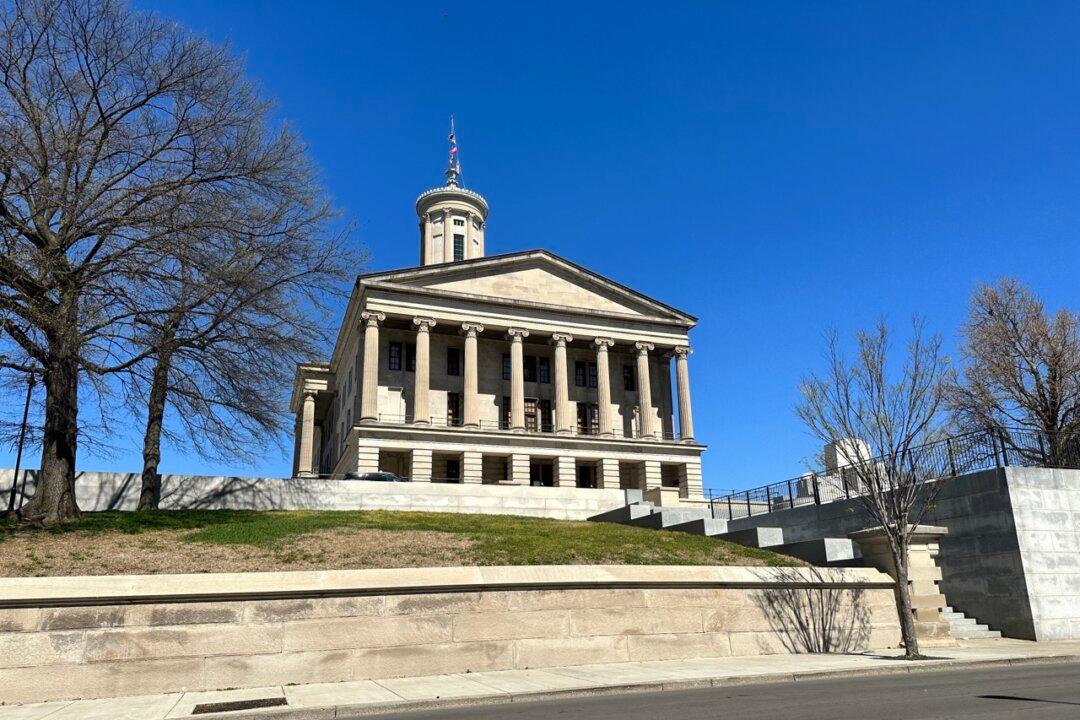Within minutes of Tennessee’s General Assembly gaveling in for special sessions focused on public safety Monday, a Republican member of the state Senate called for an end to the session while in the House members began an hourslong debate just over the rules governing it.
The tense nature of the issue at hand, which is officially public safety but unofficially the issue of gun control in the state, was most apparent in the state House of Representatives.





